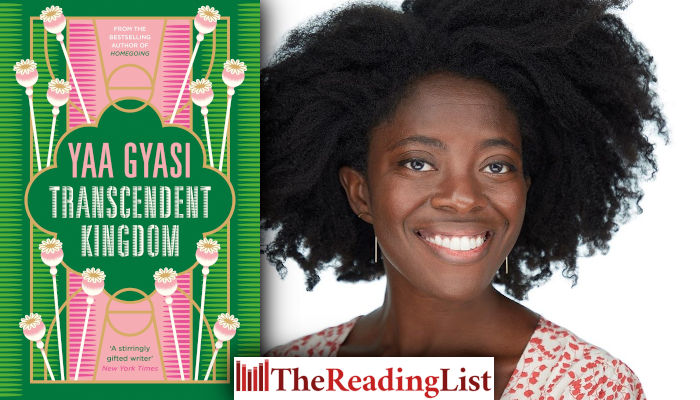Whenever I think of my mother, I picture a queen-size bed with her lying in it, a practiced stillness filling the room. For months on end, she colonized that bed like a virus, the first time when I was a child and then again when I was a graduate student.
The first time, I was sent to Ghana to wait her out. While there, I was walking through Kejetia Market with my aunt when she grabbed my arm and pointed. “Look, a crazy person,” my aunt said in Twi. “Do you see? A crazy person.”
I was mortified. My aunt was speaking loudly, and the man, tall with dust caked into his dreadlocks, was within earshot. “I see, I see,” I answered in a low hiss. The man continued past us, mumbling to himself as he waved his hands about in gestures that only he could understand. My aunt nodded, satisfied, and we kept walking through the hordes of people gathered in the market until we reached the stall where we would spend the rest of the morning attempting to sell knockoff handbags. In my three months there, we sold only four bags.
Even now, I don’t completely understand why my aunt singled the man out to me. Maybe she thought there were no crazy people in America, that I had never seen one before. Or maybe she was thinking about my mother, about the real reason I was stuck in Ghana that summer, sweating in a stall with an aunt I hardly knew while my mother healed at home in Alabama. I was 11, and I could see that my mother wasn’t sick, not in the ways that I was used to. I didn’t understand what my mother needed healing from. I didn’t understand, but I did. And my embarrassment at my aunt’s loud gesture had as much to do with my understanding as it did with the man who had passed us by. My aunt was saying, That. That is what crazy looks like. But instead what I heard was my mother’s name. What I saw was my mother’s face, still as lake water, Pastor John’s hand resting gently on her forehead, his prayer a light hum that made the room buzz. I’m not sure I know what crazy looks like, but even today when I hear the word, I picture a split screen, the dreadlocked man in Kejetia on one side, my mother lying in bed on the other. I think about how no one at all reacted to that man in the market, not in fear or disgust, nothing, save my aunt, who wanted me to look. He was, it seemed to me, at perfect peace, even as he gesticulated wildly, even as he mumbled.

